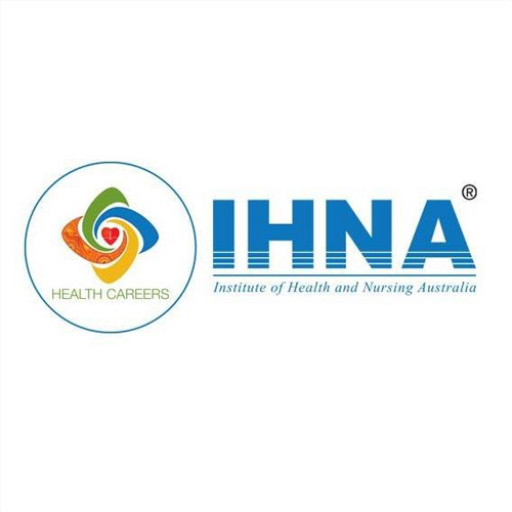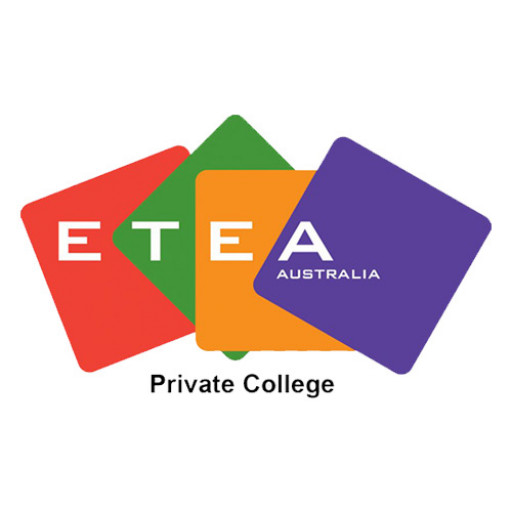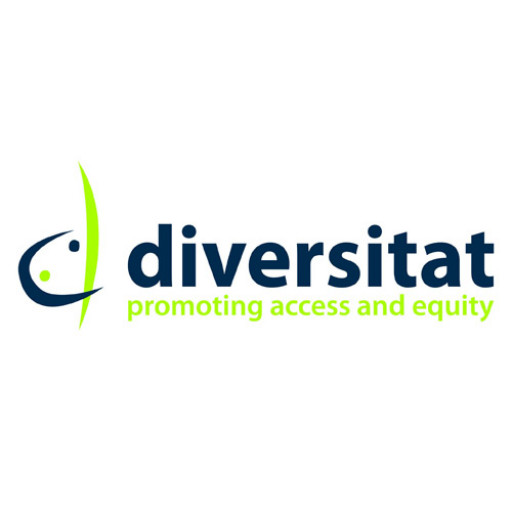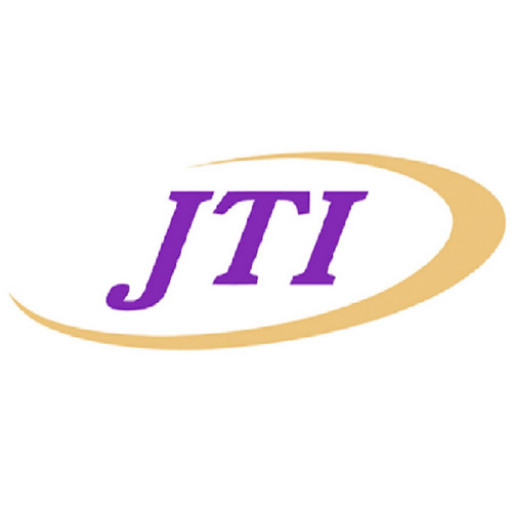This qualification reflects the use of workers in a range of community preferences and customers \u2019 domiciles, who provide training and support in a manner that empowers people with disabilities to attain greater degrees of independence, self reliance, community participation and health. Workers promote a person-centred approach, job without direct supervision and may be required to oversee or align a tiny team.To accomplish that qualification, the candidate should have completed at least 120 hours of work as detailed at the Assessment Requirements of the components of competency.No licensing, legislative, regulatory or certification conditions apply to this eligibility during publication.
The Disability Support program at the Institute of Health and Nursing Australia is designed to equip students with the comprehensive skills and knowledge necessary to provide high-quality support to individuals with disabilities. This course offers an in-depth understanding of various disabilities, including physical, sensory, intellectual, and mental health conditions, as well as the best practices for delivering person-centered care. Throughout the program, students will learn how to assist clients in daily living activities, promote independence, and support community integration, ensuring that they can make a positive impact on the lives of those they serve.
The curriculum covers essential areas such as communication skills, understanding disability support frameworks, ethical considerations, and legal responsibilities relevant to disability support work. Students will also explore specialized topics including behavior management, medication administration, and the use of assistive technologies. Practical training is a significant component of the program, providing hands-on experience through simulated scenarios and supervised placements in real-world settings, including disability services, community organizations, and healthcare facilities. This ensures that graduates are confident and competent in their ability to respond to diverse client needs.
The program emphasizes the importance of cultural competence, inclusivity, and respectful engagement when working with clients from diverse backgrounds. It prepares students to work collaboratively with multidisciplinary teams, advocate for clients' rights, and promote safe, equitable, and empowering environments. Upon successful completion of the program, graduates will receive a nationally recognized qualification, opening pathways to employment opportunities across various sectors such as community support organizations, residential care facilities, and hospitals.
The Institute of Health and Nursing Australia’s Disability Support program is committed to providing flexible learning options, including online and blended delivery modes to accommodate students’ schedules. Dedicated instructors and industry professionals ensure that students receive mentorship and up-to-date industry insights. Graduates of this program will be equipped not only with practical skills but also with a compassionate understanding of the challenges faced by individuals with disabilities, enabling them to contribute meaningfully to their well-being and quality of life.
Eligibility for the Disability program at the Institute of Health and Nursing Australia typically requires applicants to have a strong interest in supporting individuals with disabilities, as well as relevant academic and/or work experience. Prospective students often need to possess at least a high school diploma or equivalent. Prior experience in healthcare, social services, or community support can be advantageous but is not always mandatory. The program emphasizes developing practical skills alongside theoretical knowledge, so applicants should demonstrate a commitment to working within multidisciplinary teams and a compassionate approach to client care. Entry requirements may include submission of an application form, a personal statement outlining motivation and career goals, and possibly references attesting to the candidate’s suitability for the program. Certain cohorts, especially those intending to undertake work placements, might require background checks such as police clearance to ensure suitability for working with vulnerable populations. Students are expected to have basic computer literacy and communication skills, as the coursework incorporates online learning components. Language proficiency in English is essential, often demonstrated through tests such as IELTS or TOEFL for international students. The program may also include prerequisites like a first aid certificate or health and safety training. In terms of academic progression, students are required to complete a specific number of coursework hours, participate in practical placements, and pass assessments to achieve certification. The curriculum covers core areas such as understanding disabilities, communication techniques, legal and ethical considerations, and specific care strategies for individuals with diverse needs. Successful graduates will be equipped with foundational knowledge and skills necessary to support persons with disabilities in various settings, including residential facilities, community agencies, and healthcare environments. The program’s structure is designed to meet industry standards and prepare students for future employment or further specialization within the health and social services sector.
The Institute of Health and Nursing Australia offers comprehensive information regarding the financing of their diploma and certificate programs, including those related to Disability studies. Tuition fees vary depending on the specific course and duration, but generally, the tuition costs for Disability programs are structured to be accessible and affordable for a wide range of students. Students can expect to pay tuition fees that are competitive within the Australian vocational education sector, with pricing typically ranging from AUD 4,000 to AUD 8,000 per qualification. The institute often provides flexible payment options, including upfront payments, payment plans, and potential government funding opportunities.
Students are encouraged to explore government subsidies and financial assistance programs available through Australian government initiatives. These include the Australian Government's Vocational Education and Training (VET) subsidies, which can significantly reduce the total cost for eligible students. Additionally, students may access financial support through Commonwealth and state-based loan schemes, such as VET Student Loans, which allow eligible students to defer payment until after course completion and employment. The eligibility criteria for such loans depend on residency status and prior educational qualifications.
The Institute also offers guidance and support in navigating financial aid options, including scholarships and bursaries aimed at supporting students from diverse backgrounds, including those with disability. These scholarships can help offset the costs of tuition and additional study-related expenses. Moreover, many students fund their studies through a combination of personal savings, family contribution, or employment income. The institute provides detailed information on the application process for various funding sources on its official website and encourages prospective students to contact their admissions office for personalized advice on financing options.
In terms of additional costs, students should also budget for textbooks, learning materials, equipment, and any required clinical placements. The institute strives to keep these ancillary costs minimal but recommends planning for unforeseen expenses. Overall, the financing of Disability studies at the Institute of Health and Nursing Australia is designed to be accessible, with multiple options to support students financially throughout their educational journey.
The Institute of Health and Nursing Australia offers a comprehensive program in Disability Services aimed at equipping students with the essential skills and knowledge to support individuals with disabilities. The program emphasizes understanding the diverse needs of people with disabilities, promoting inclusive practices, and fostering independence and quality of life for clients. It covers a range of critical topics including disability support techniques, communication strategies, ethical considerations, health and safety procedures, and current legislative frameworks governing disability services. The curriculum is designed to develop both practical skills through hands-on training and theoretical understanding through academic coursework. Students learn to assist with daily living activities, promote community inclusion, and support clients in achieving their personal goals. The program also emphasizes the importance of person-centered care, cultural sensitivity, and working as part of multidisciplinary teams. Graduates of the program are prepared to work in various settings such as residential care facilities, community organizations, and private support services. The training is delivered by qualified professionals with extensive experience in the disability sector, ensuring students receive industry-relevant education. Upon completion, students are awarded a qualification that can lead to employment opportunities in the growing field of disability support. The program strives to meet current industry standards and continually updates its content to reflect recent developments and best practices in disability services. Additionally, the Institute provides ongoing support for students, including career guidance, placement assistance, and access to professional development resources. With a focus on fostering a compassionate, skilled, and knowledgeable workforce, the program aims to significantly impact the lives of individuals living with disability while facilitating meaningful careers for its graduates.









